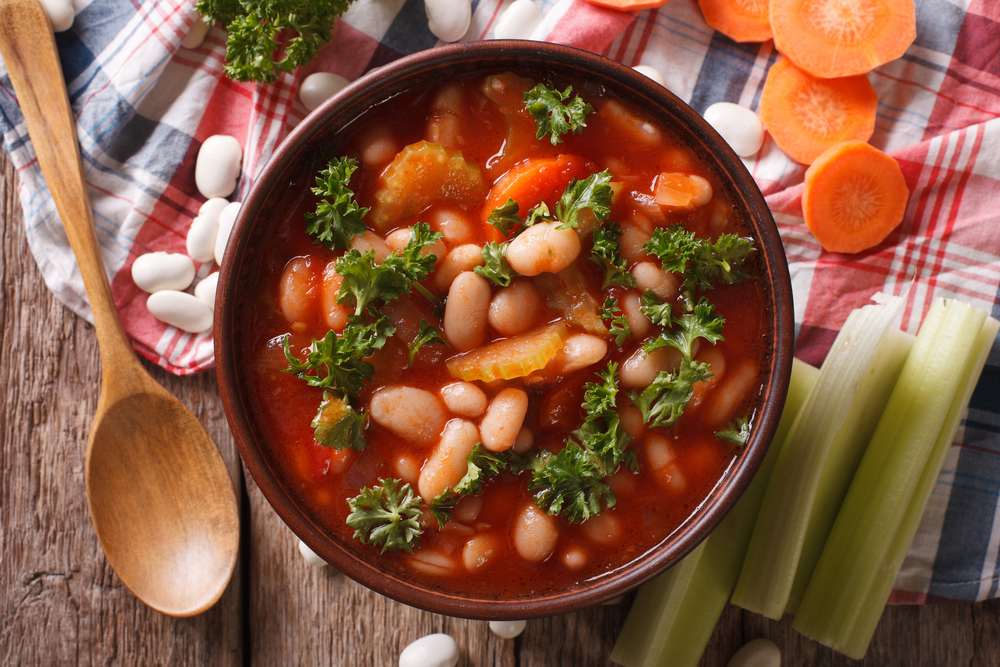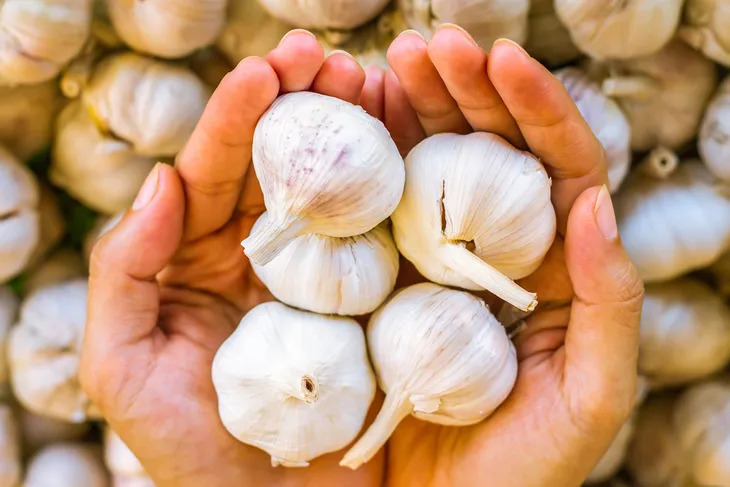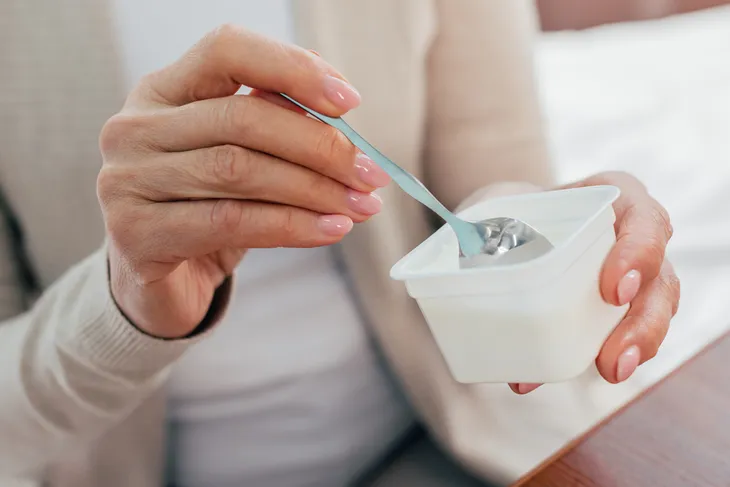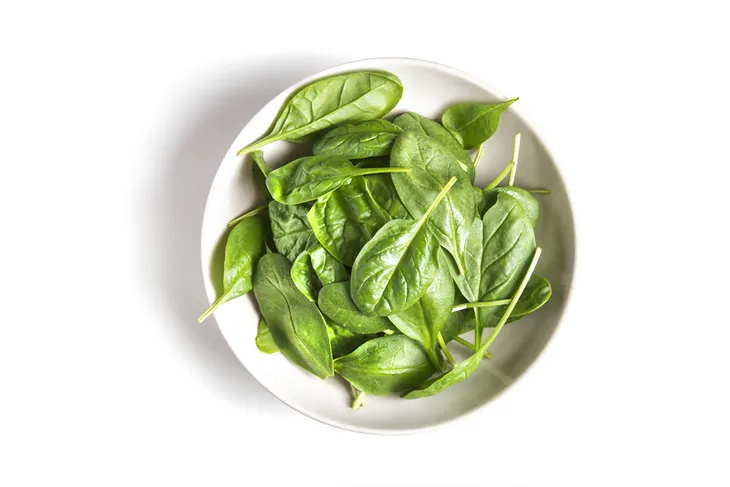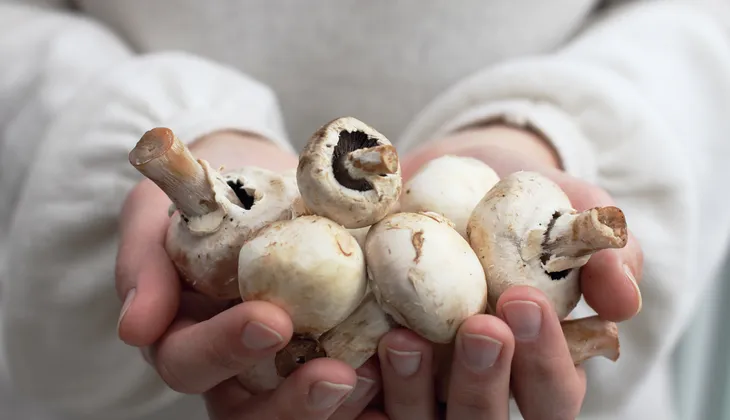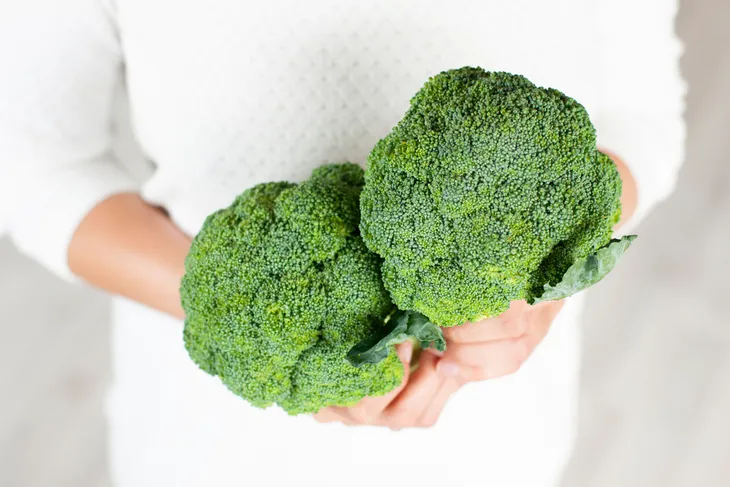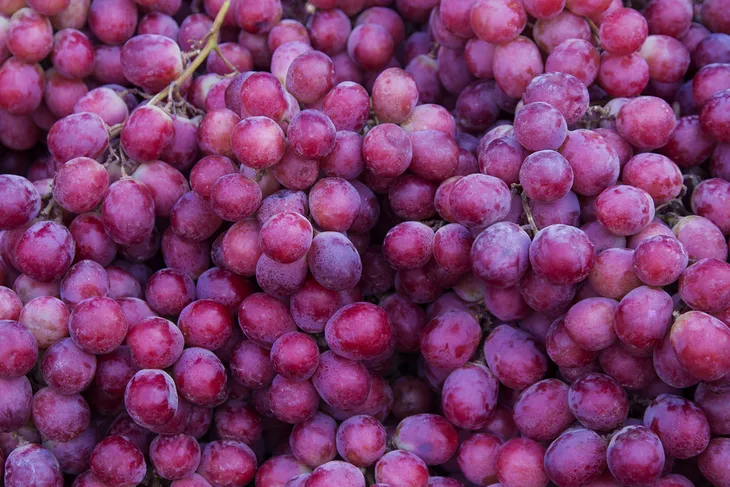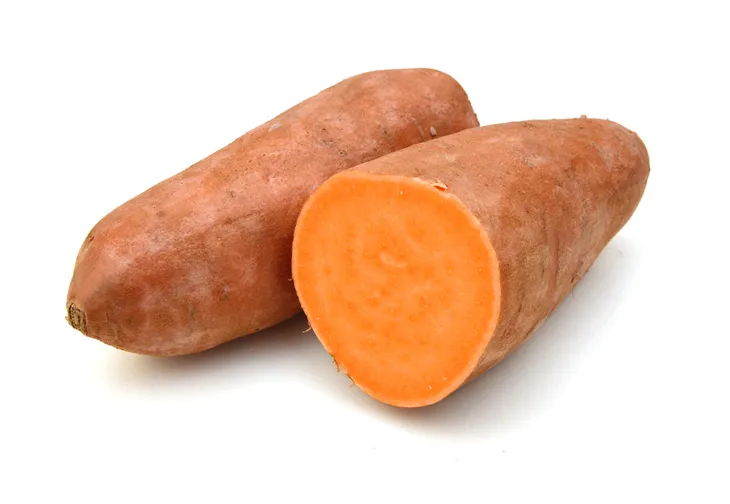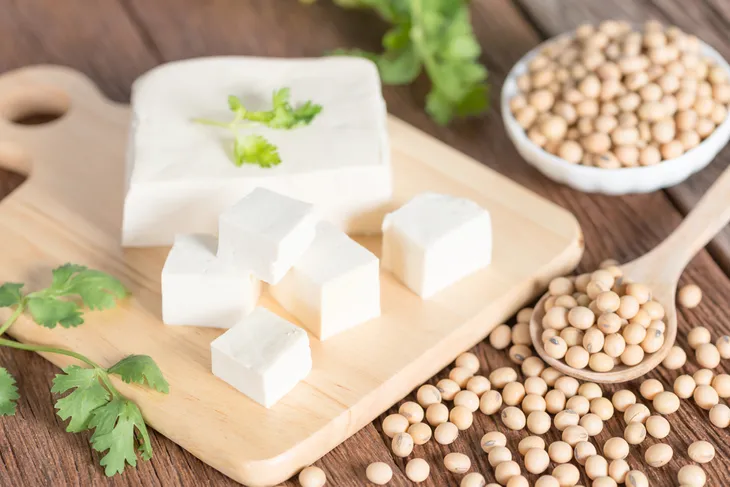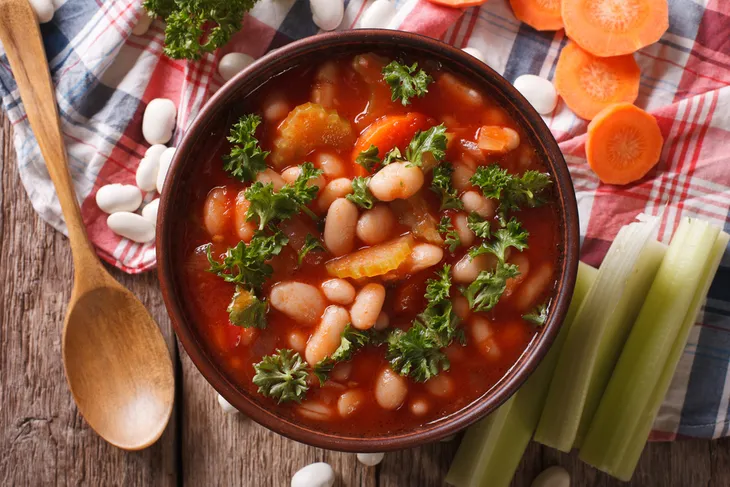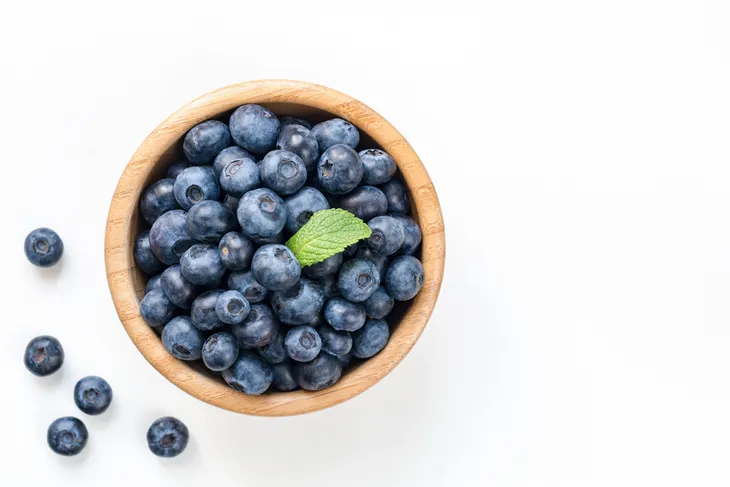If you’ve never had issues with your pancreas (i.e., pancreatitis, or inflammation of the pancreas, and pancreatic cancer), you may not even know that the small, bean-shaped organ plays an essential role digestion—more precisely, it breaks down and converts food into fuel to feed our cells and store food for energy.
The following 11 foods will protect, nourish, and keep your pancreas in smooth working order…
Garlic
Garlic might scare a first date away, but the allium-species vegetable (in addition to onions, fenugreek, chives, shallots, and leeks) contains beneficial nutrients—such as sulfur, arginine, oligosaccharides, flavonoids, and selenium—which have very positive effects on pancreatic tissues.
In fact, a San Francisco Bay area study published by the National Cancer Institute linked individuals who consumed a high garlic diet with a 54-percent lower risk of pancreatic cancer.
Probiotic Yogurt
Research from Columbia University (from 2013) and the Journal of the National Cancer Institute, recommends healthy individuals eat 3 servings of low fat or fat free yogurt that contains active cultures (probiotics or beneficial bacteria) to help ease digestion, protect the pancreas and digestive system, and reduce the overall risk of pancreatic cancer.
Spinach
Medical experts at the at the German Institute of Human Nutrition Potsdam-Rehbruecke recommend the best way to protect your pancreas and lower the risk of pancreatic cancer is to consume a diet high in spinach, or more specifically, leafy green veggies (i.e., kale, spinach, mustard greens, and Swiss chard) with elevated levels of B vitamins and iron.
Mushrooms
Magic mushrooms indeed! According to a study conducted by Indiana University’s Cancer Research Laboratory at Methodist Research Institute, in Indianapolis, a traditional Asian remedy made from the pine-bearing Poria cocos mushroom blocked the MMP gene, which is linked to the development of pancreatic cancer.
In general, mushrooms provide a good source of various B vitamins and selenium, says Julie Ching, registered dietitian.
Cherries
It’s really hard to eat just a handful of cherries, which is great news since the fruit is rich in antioxidants and perillyl alcohol (or POH), a compound that’s been linked to the prevention of pancreatic cancer.
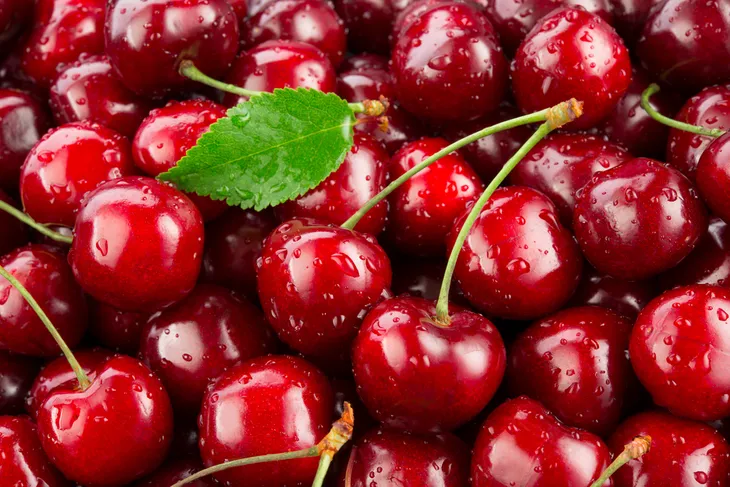 Shutterstock/Tim UR
Shutterstock/Tim URBroccoli
Broccoli on your plate might have scared you as a child, but the thought of pancreatic cancer should make you a lover of the cruciferous vegetable as a health-conscious adult. In fact, a study from University of Illinois discovered that foods rich in the flavonoids apigenin and luteolin, like broccoli, kill (or inhibit) human pancreatic cancer cell formation.
Red Grapes
Red wine drinkers will be first to toast a recent study from University of Rochester Medical Center, in New York. The lab study linked red wine (or the skin of red grapes) to the malfunction and death of pancreatic cancer cells. This is all thanks to a powerful antioxidant compound called resveratrol, which you can also get from eating fresh red grapes, as well as raspberries and blueberries.
Sweet Potatoes
If you care to swap your white potatoes for a healthier spud, sweet potatoes are not only lower on the glycemic index—they also pack a pancreas-protecting punch! The bright orange tadder is linked to boosting organ function as well as lowering the instance of pancreatic cancer by 50 percent, according to research out of the University of California.
Tofu
Not many people who aren’t either vegetarian or vegan think about eating tofu. It’s a good low-fat source of protein and is often used in meals as a substitute for meat. It doesn’t have to only be for these restricted diets. In fact, Doctor NDTV writes, “tofu is a great source of low-fat proteins. It promotes better recovery of your digestive tract and protects your pancreas from damage.” It is recommended to eat tofu steamed and not fried as the purpose is to have low-fat source of protein, says Julie Ching, registered dietitian.
Another reason people need to eat low-fat protein sources is because protein will help with healing, “but too much fat will exacerbate any pancreas problems,” writes LiveStrong.
Tomato Vegetable Soup
There’s nothing I enjoy more than a nice hearty, steaming bowl of soup on a cold winter day, or when I’m feeling sick. If you’re not a fan of eating veggies on their own and find it hard to use them up before they go back, a great way to incorporate them into your diet is by adding them to tasty dishes like soup! It’s super easy to make a healthy tomato vegetable soup and as an added bonus, it’s a great dish for the pancreas!
“Tomatoes are a good source of vitamin C and antioxidants. Vegetables also contain antioxidants and beneficial nutrients, and soup provides additional fluid,” says LiveStrong.
Blueberries
Not only is this sweet little fruit tasty and easy to eat on the go as a guilt-free snack, but it’s also super healthy for us! According to LiveStrong, blueberries and cherries are great sources of antioxidants which allows them to help prevent cell damage. You can add blueberries and cherries to other dishes like salads, yogurt or smoothies, eat them on their own as a refreshing snack, or even bake them into a dessert!
